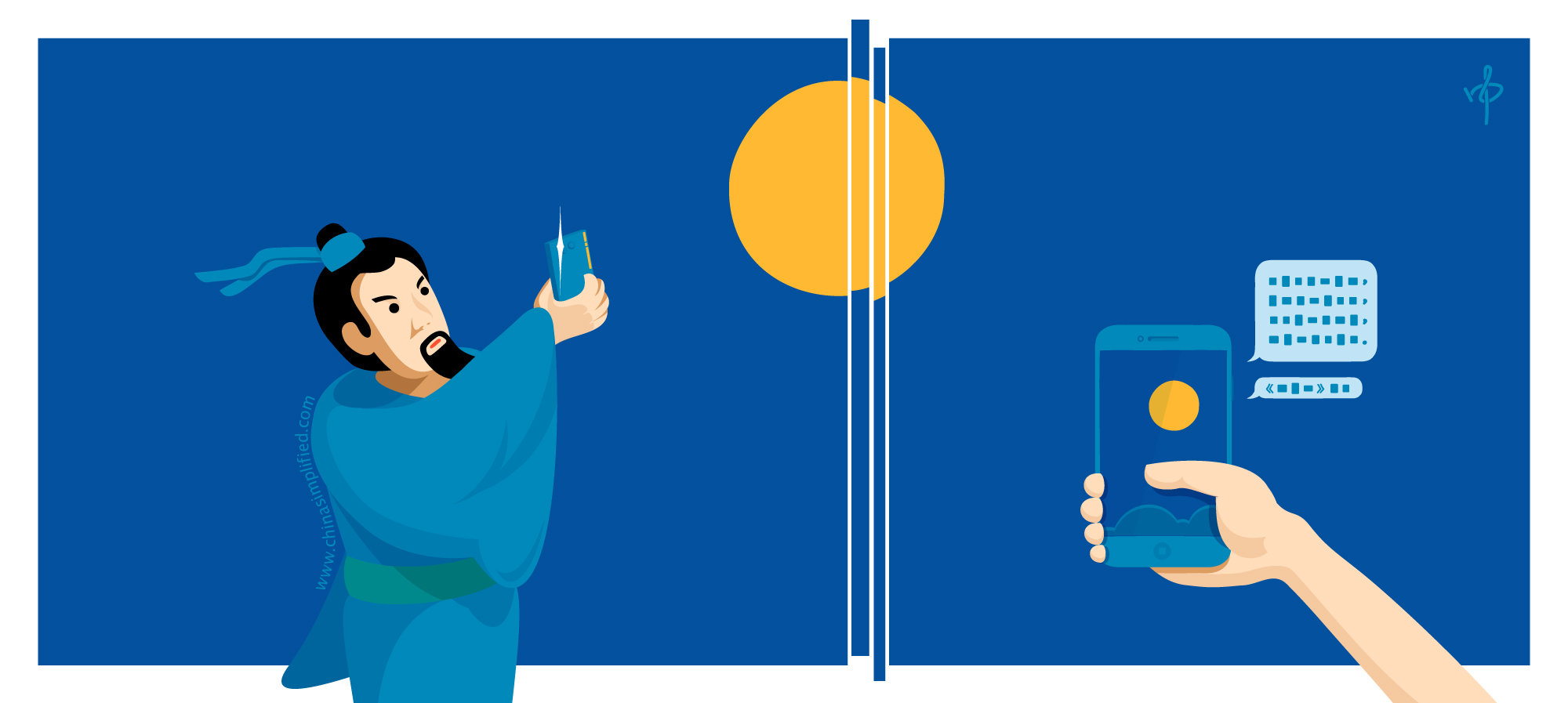The China Simplified team shows what can happen when a naive foreigner turns what should be a “big face” gift into a complete disaster.
Human beings throughout history have engendered numbers and dates with great significance, drawing upon long-held myths and legends to create an unconscious consensus on which specific digits are auspicious and which are calamitous.
On the scary side, some Westerners battle triskaidekaphobia, fear of unlucky number 13, or hexakosioihexekontahexaphobia, fear of the Revelations 666 “mark of the beast” in Revelations. Asians more often tend towards tetraphobia, or compulsive avoidance of the number 4, since four 四 sì sounds like 死 sí (to die) in Mandarin, and similar four-means-death connections exist in other languages.
Anyone want to venture a guess as to why the Beijing Olympics kicked off on 8/8/2008 at exactly 8:08:08pm. That’s right, there’s no octobophobia in the land where eight 八 bā sounds like 发 fā (to expand) as in 发财 fācái (to get rich). In ancient China, jiǔ 九 (nine) was particularly auspicious because it sounds the same as jiǔ 久 (long lasting) and looks like the traditional character for lóng 龍 (dragon). All the other numbers get classified as lucky or unlucky depending on the dialect in which they’re used and the way in which they’re combined.
Looking for more information? Be sure to check out all our other gifting posts, such as the Best & Worst Home Visit Gifting Options and Understanding When & How Much to Give in Red Packets to save yourself future embarrassment.








